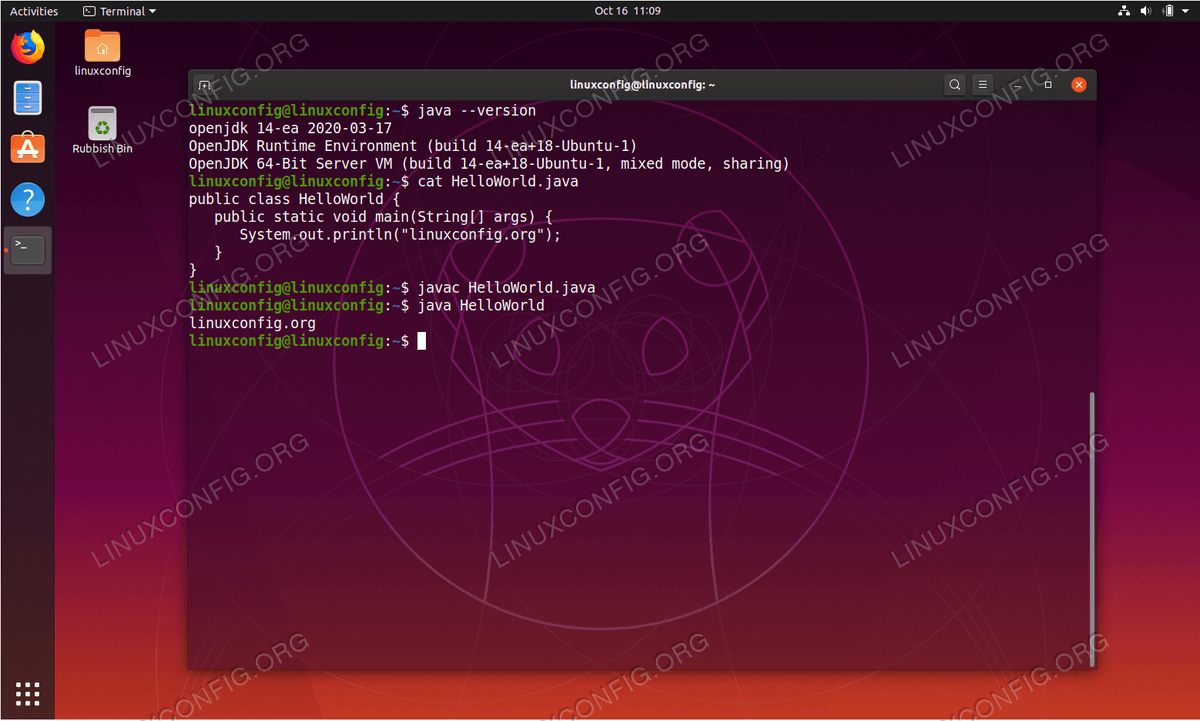
The latter is an empty package that has its "ca" counterpart as a dependency.

Headless Java Runtime Environment (without GUI support).įor each package listed in the table there is another package available without the -ca- suffix in its name.įor example, zulu11-ca-jdk and zulu11-jdk.

Java Runtime Environment including graphic components. Headless Java Development Kit (without GUI support). Not a whole of information available about configuration, heres what worked for me. In preparing to upgrade a customers software recently I discovered there were issues with Maven version 2, so I also had to upgrade to Maven version 3. rootlocalhost yum install java-1.7.0-openjdk. Installing Maven 3 on Ubuntu 10.04 LTS Server.

Java Development Kit (including graphic components). /otn-pub/java/jdk/7u79-b15/jdk-7u79-linux-圆4.tar.gz. The placeholder stands for the major Java version. Installing OpenJDK on Ubuntu 20.04 is a pretty straight forward process. The following table lists the DEB packages that are available from the Azul APT repository. You can also install the dependent packages separately.įor example, if your application requires JRE only, you can install just the JRE package (or headless JRE) without downloading unnecessary dependencies. When you install the JDK package, you install the package itself and all its dependencies. Thus, the JDK package is split into multiple packages, such as JRE, documentation, source files, and so on. Paste this string into the new text file: Package: *Īfterward, save the text file and quit Nano.The Azul APT repository uses the package dependency paradigm typical for Linux distributions where packages that provide complex functionality depend on packages with more basic functionality. openjdk version '11.0.7' OpenJDK Runtime Environment (build 11.0.7+10-post-Ubuntu-3ubuntu1) OpenJDK 64-Bit Server VM (build 11.0.7+10-post-Ubuntu-3ubuntu1, mixed mode, sharing) Although we. Version 8 of OpenJDK is available for Ubuntu Trusty 14.04 from the PPA repository OpenJDK builds. First, verify for the Java version installed. sudo apt-get update sudo apt install openjdk-8-jdk. Afterward, you need to create another text file using this command: sudo nano /etc/apt/preferences.d/debian-jessie-backports Change default Java version in Ubuntu 20.04 LTS. Ubuntu Server 20.04/18.04/16.04 LTS SSH access with sudo privileges 1. In the text file, enter the following string: deb jessie-backports main Then, issue the following command (you can replace nano with vim or other text editors you like) sudo nano /etc/apt//debian-jessie-backports.list If you use Ubuntu 16.04, follow these steps to get started.įirst, you need to install the Debian Archive keyring package by issuing the following command: sudo apt-get install debian-keyring debian-archive-keyring In fact, OpenJDK 8 from the official Debian repository is 100 percent compatible with Ubuntu Server since Ubuntu Server is based on Debian. The installation from another sanctioned repository, like the Debian one, will not break your existing installation and repository setup.


 0 kommentar(er)
0 kommentar(er)
